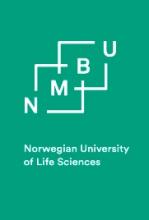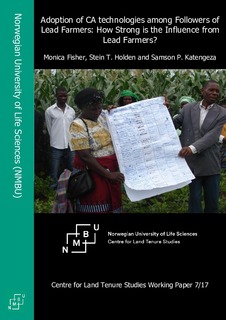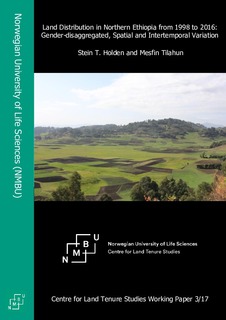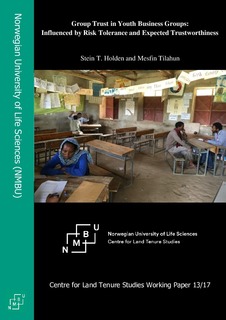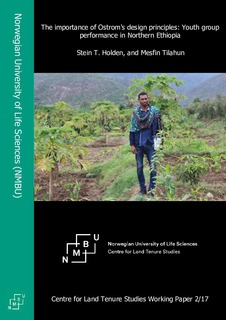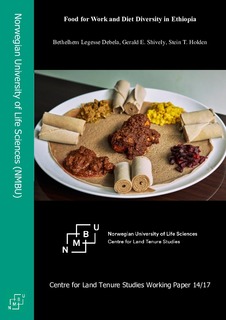Location
NMBU's mission is to contribute to the well-being of the planet. Our interdisciplinary research generates innovations in food, health, environmental protection, climate and sustainable use of natural resources.
About NMBU
NMBU's research is enabling people all over the world to tackle the big, global challenges regarding the environment, sustainable development, how to improve human and animal health, renewable energy sources, food production, and land- and resource management.
Members:
Resources
Displaying 21 - 25 of 98Adoption of CA technologies among followers of lead farmers : how strong is the influence from lead farmers?
This study investigates how the Farmer-to-Farmer-Extension (F2FE) system with lead farmers and follower farmers influences adoption of Conservation Agriculture (CA) technologies in Malawi. Using data from 180 lead farmers and their 455 followers in central and southern Malawi, we assess the level of influence lead farmers have on their followers’ familiarity with and adoption of CA.
Land distribution in Northern Ethiopia from 1998 to 2016 : gender-disaggregated, spatial and intertemporal variation
This study utilizes land registry data from the First and Second Stage Land Registration Reforms that took place in 1998 and 2016 in sampled districts and communities in Tigray region of Ethiopia. Tigray was the first region to implement low-cost land registration and certification in Ethiopia and providing household level land certificates in the names of household heads. Second Stage Land Registration and Certification (SSLRC) is scaled up since 2015 and provides households with parcel-based certificates with maps. The SSLR&C lists all holders of parcels by name and gender.
Group trust in youth business groups : influenced by risk tolerance and expected trustworthiness
We analyzed lab-in-the-field trust and risk experiment with 1125 youth in 119 youth groups established as primary cooperatives to develop a joint business. The experiments were implemented using classrooms in local schools as field labs. The standard trust game was used with all youth participants playing the roles as trustors as well as trustees. As trustors, they knew that the trustee would be an anonymous member of their own youth group.
The importance of Ostrom's design principles : youth group performance in Northern Ethiopia
Youth unemployment and migration are growing challenges that need more political attention in many countries, particularly countries with rapid population growth and economic transformation. Proactively mobilizing the youth as a resource in the creation of sustainable livelihoods can potentially be a win-win-win solution that Ethiopia is currently attempting. The new youth employment strategy includes allocation of rehabilitated communal lands to youth groups.
Food for work and diet diversity in Ethiopia
We use four waves of panel data from Northern Ethiopia to investigate the link between Food for Work (FFW) participation and the diversity of food consumption and production. Food-based transfer programs have become a standard tool for addressing the problem of chronic food insecurity in developing countries. Such programs have the potential to expand diet diversity if food items provided under FFW are not part of the beneficiaries’ staple diet. By raising effective incomes, cash payments also have the potential to “crowd in” purchases of nutritionally important foods.

